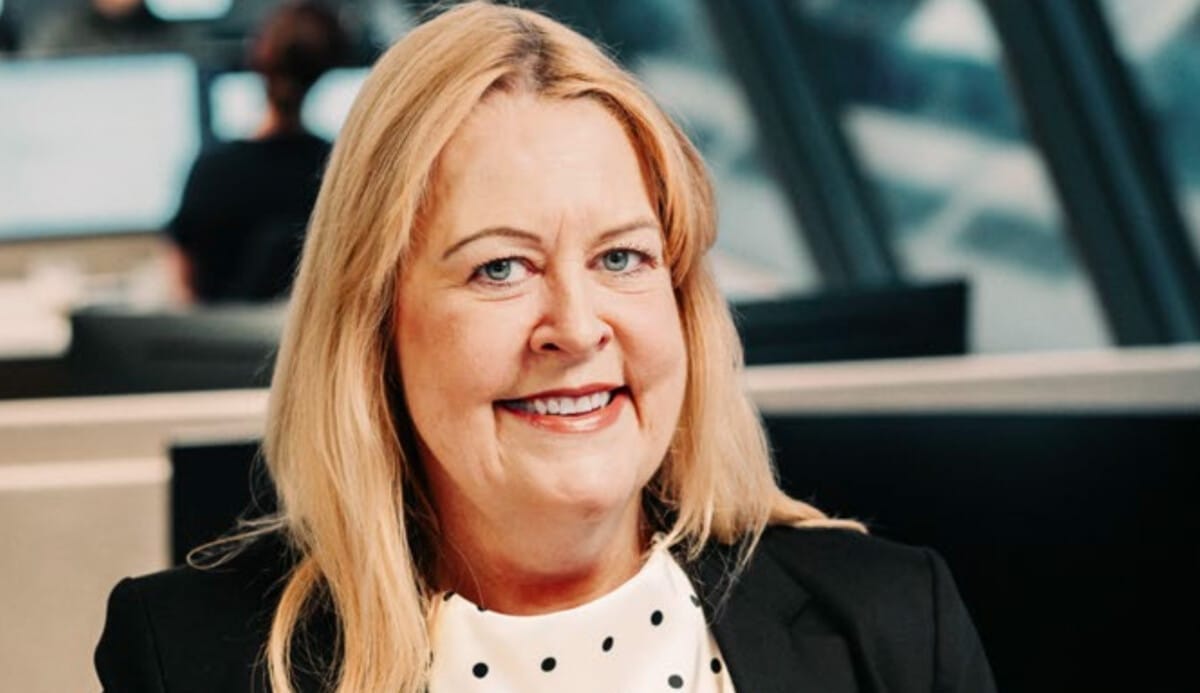Norway’s NOK 878 billion ($87 billion) Kommunal Landspensjonskasse (KLP), the fund for local government employees and healthcare workers, has just excluded US industrials group Oshkosh Corporation and Germany’s ThyssenKrupp for selling weapons including armoured personnel carriers, warships and submarines to the Israeli military.
“In June 2024, KLP learned of reports from the UN that several named companies were supplying weapons or equipment to the Israeli Defence Force (IDF) and that these weapons are being used in Gaza. On the basis of this information, KLP performed a thorough assessment of the companies and engaged in dialogue with them,” says Kiran Aziz, head of responsible investments at KLP Kapitalforvaltning, which she joined almost six years ago.
“Our conclusion is that the companies Oshkosh and ThyssenKrupp are contravening our responsible investment guidelines. We have therefore decided to exclude them from our investment universe.”
Although the combined value of the shares is minimal, KLP hopes to send a clear signal on the importance of human rights through divestment.
Last year, the investor sold its stake in Caterpillar due to the risk that the US company may be contributing to human rights abuses and violation of international law in the West Bank, and in 2022 it excluded 18 companies from its passive equity portfolio due to links with Israeli settlements in the occupied West Bank.
Still, KLP’s divestment from defence groups comes at a time when many European pension funds are examining their ESG policies to potentially invest more in listed defence companies. Geopolitical uncertainty and continued war in Europe, coupled with pledges from NATO leaders to increase defence spending to 5 per cent of their countries’ economic output by 2035, is fanning life into the sector.
KLP’s latest divestments do not reflect the investor’s preparedness to engage when it believes it can effect change. For example, although many investors have exited China, in recent years KLP has stepped up engagement with Chinese mining companies at risk of breaching its key concerns around labour rights and responsible extraction and mineral processing.
ESG is applied across the whole portfolio where strategy is focused on index portfolios offering broad market exposure and low cost, efficient asset management. KLP monitors and cajoles 7000 companies across 50 countries tracking MSCI and Barclays’ equity and bond indices, of which it currently excludes around 650.
“As an owner of 7000 companies globally you have quite a unique opportunity to set expectations and make sure companies have underlying economic activity that is responsible and sustainable,” she said. “We rely on publicly available information, and our expectations are levelled at boards and management.”
KLP uses data providers to access information and get an indication of the level of risk. She is less focused on ESG ratings but takes a keen interest in how a company is doing within its sector, using monitoring tools and working with other investors, stakeholders and civil society. She is in dialogue with around 300 companies annually.
The portfolio is divided between equity (35.1 per cent) short term bonds (26.5 per cent) long term bonds (12.9 per cent) lending (11 per cent) property including Norwegian and international real estate funds (10.8 per cent) and other financial assets (3.7 per cent)
KLP is the first company in Norway to have had its climate estimates approved according to the SBTi2 ’s new standard for financial institutions.
Aziz is a qualified lawyer who joined KLP with skills honed to argue and build a case following nine years at the International Commission for Jurists, the NGO that defends human rights and the rule of law. She is a board member of the Norwegian Refugee Council and the role takes her to refugee camps to meet people forced to flee which has informed her belief that investors have a responsibility to protect human rights.
She says the legal profession has taught her about the need to stand firm and persist and the need for courage to raise your voice when engagement is difficult.
“Many companies don’t want investors to interfere or tell them what to do, but investment is based on trust and companies should live up to certain standards.”


